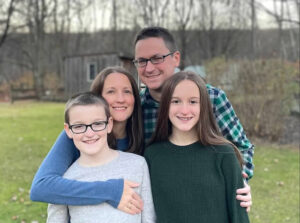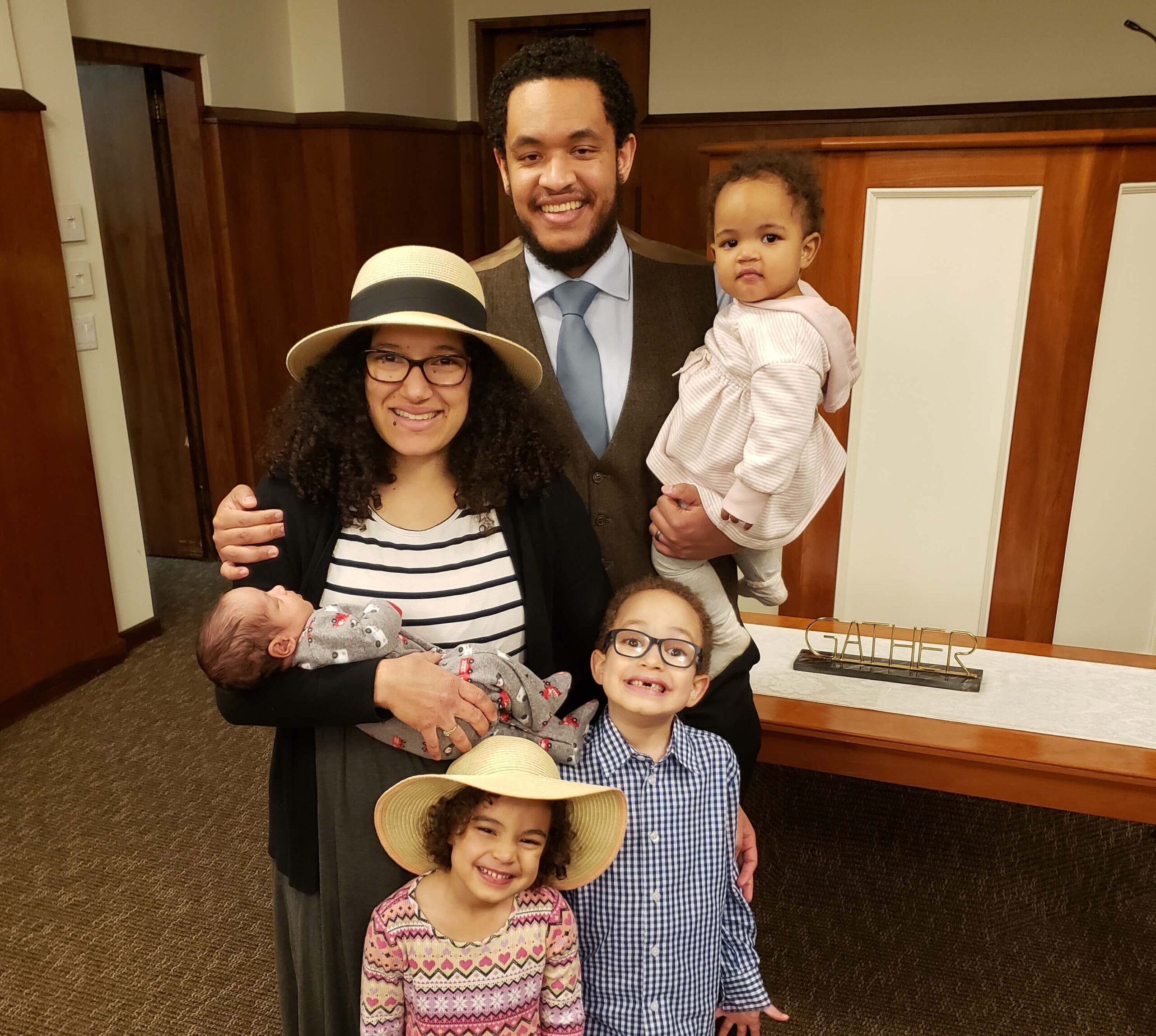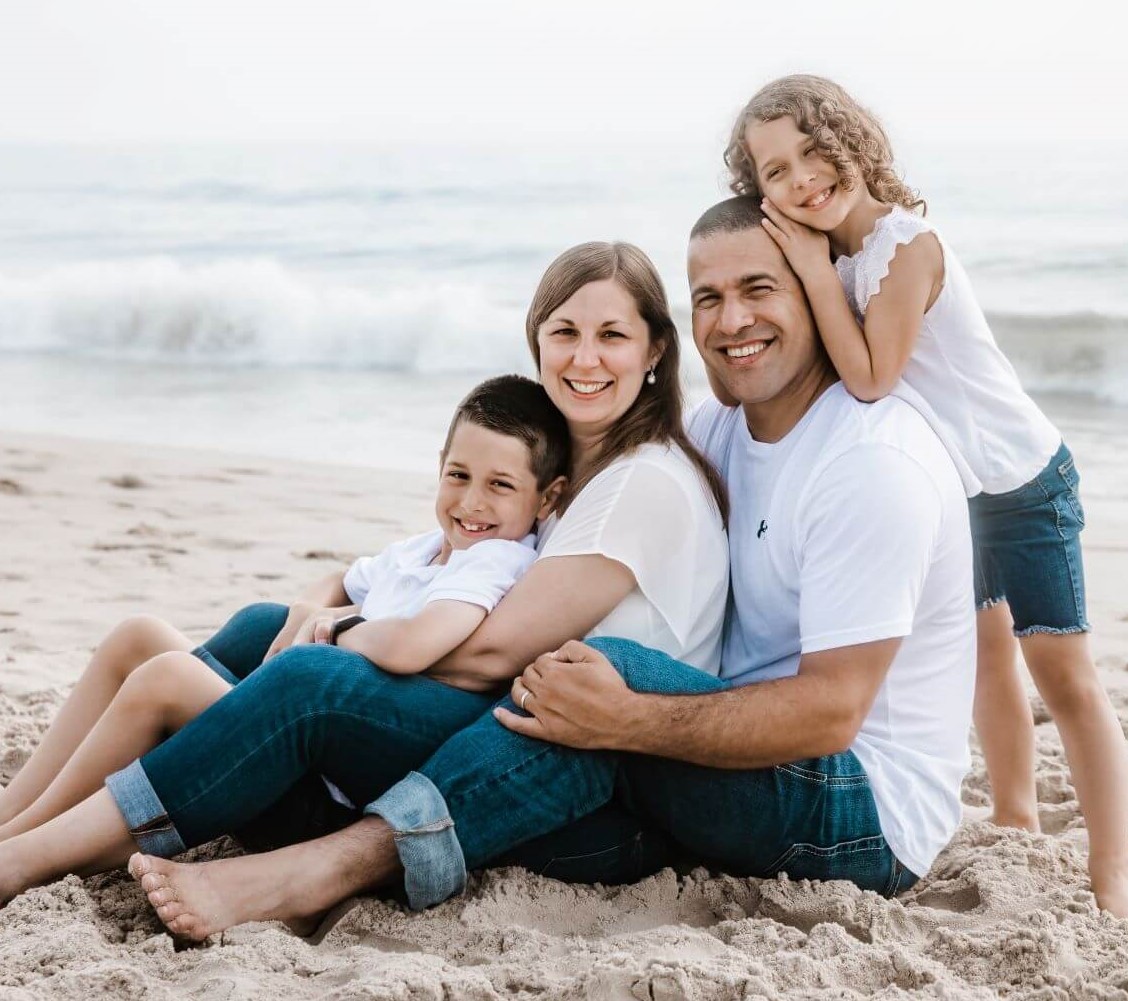Tell us a little bit about your family dynamics.
We (Scott and Suzanne) both grew up in the Wilkes-Barre area, and both graduated from Lancaster Bible College. Scott also graduated from Baptist Bible Seminary. We’ve been married for 16 years, during which time Scott has been a full-time pastor. Suzanne became a stay-at-home mom when Elizabeth was born. We are very thankful for the opportunity that the Lord has given us to be a part of the ministry of our church where our family can serve together.
How long have you been homeschooling? What was one of the main reasons you chose to homeschool?
We are in our 4th year of homeschooling. While our children did begin in public school, we always had the intention to homeschool them after the elementary level. As our perspective changed and our convictions about homeschool deepened, we made that switch earlier than originally planned. We firmly believe in homeschooling in order to disciple our children and, as Ephesians 6:4 tells us, raise them in the discipline and instruction of the Lord. It allows us to instill in them a biblical worldview in every area of education.
In what activities does your family participate?
Elizabeth enjoys baking, knitting/crocheting, sewing, and being crafty in any way she can. Luke enjoys writing, listening to music, fishing and playing video games. Both love to read, and they also play soccer and piano. As a family, we enjoy taking trips together, playing board games, NERF wars, and family movie nights.
What have been your most helpful resources?
We are thankful to be surrounded by other families (many from church) who have been a great support. We’ve been able to learn from them, grow in our homeschool journeys together, and our kids have been able to enjoy activities and field trips with a close group of friends.
What educational philosophy/curriculum do you follow?
Our educational philosophy is pretty traditional and we do infuse a biblical worldview into everything that we do. Our teaching material is a bit eclectic. We use a good deal of core curriculum from Master Books, Generations, and Math Mammoth, but we also utilize many different types of books for topical studies. We also spend a good amount of time reading biographies and classic literature.
What has been one of the highlights for you in homeschooling your children?
We enjoy being a part of the process of their learning and watching them grow in their understanding of the world. We treasure family conversations where we can compare secular and biblical worldviews and how those affect their understanding of the topics they’re learning.
What was your favorite field trip(s)?
We love that homeschooling gives us the flexibility for field trips as we love going places where we can learn together. We’ve been able to visit places closer to home like Eckley Miner Village, the Corning Museum of Glass, the Museum of the American Revolution in Philadelphia, and the Statue of Liberty/Ellis Island. We’ve also had the opportunity to visit Great Smoky Mountains National Park, Colonial Williamsburg, and Kennedy Space Center.
What was one of the funniest things to happen during a homeschool day?
On a field trip to a wolf preserve, the owner told us he could “talk to the wolves.” We thought it sounded crazy, until he showed us how he could communicate with them by replicating their howls. The wolves actually responded to him in a way that showed they understood each other.
What have you found to be a challenge in homeschooling? Any tips in dealing with that challenge?
There can be a temptation to try to do too much. We’ve found it important to be realistic about what material we can cover and the depth in which we can cover it. Homeschooling should be the beginning of a lifetime of learning, therefore much of the focus should be on teaching them “how” to learn as opposed to teaching them everything there is to learn.
What advice would you give to someone who has just begun homeschooling?
Homeschooling does not have to look any particular way. Take time to learn your children’s strengths and build on that in your approach to teaching. No cookie-cutter method will work for every child or family.



